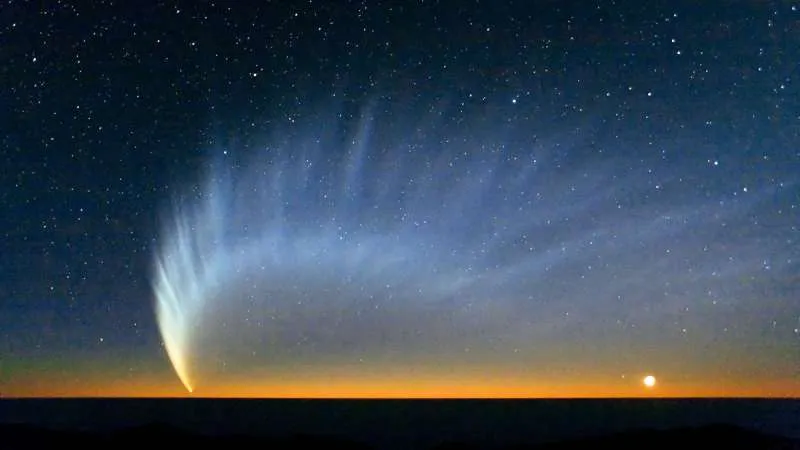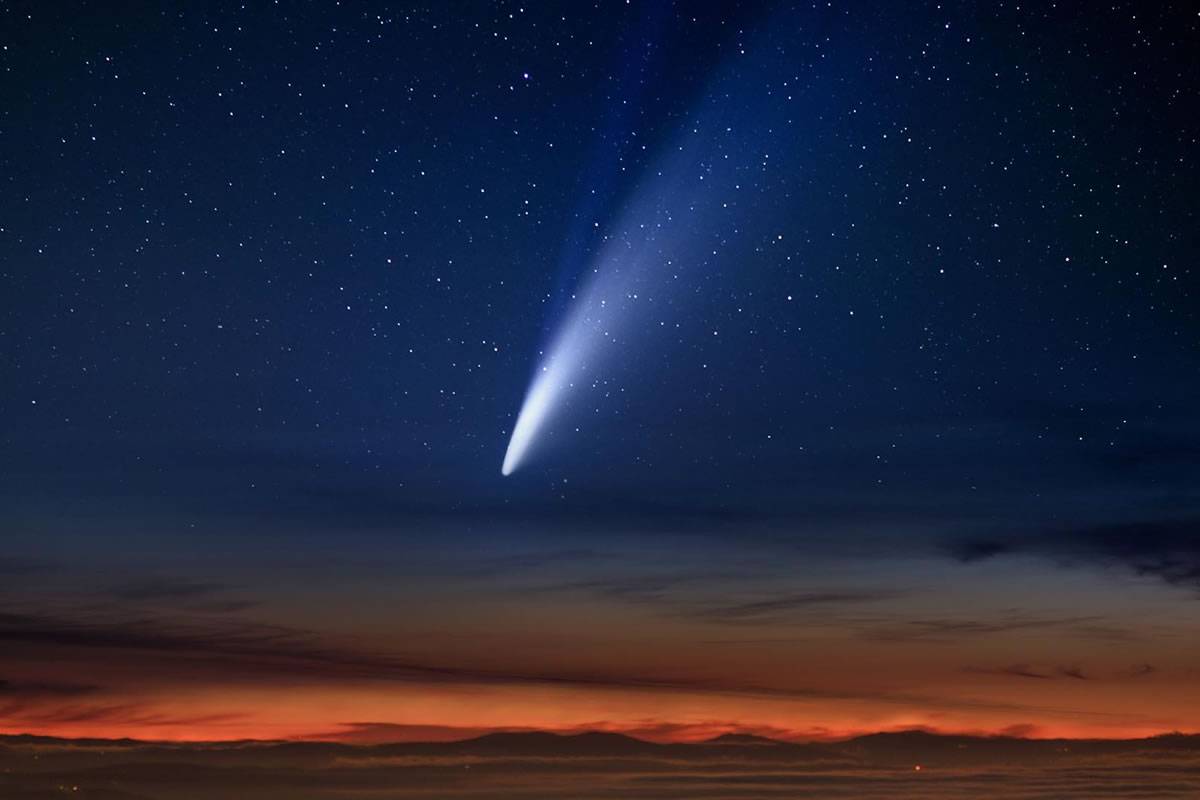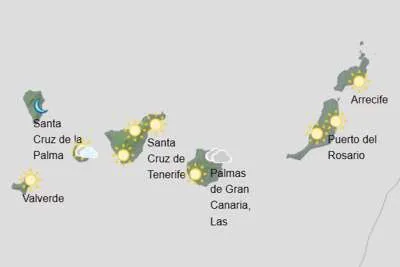Get ready to witness the ‘Comet of the Century’ from the Canary Islands this October!
- 18-09-2024
- National
- Canarian Weekly
- Photo Credit: Star Walk
October could be a landmark month for astronomy, as one of the brightest comets in the last hundred years, Comet C/2023 A3 (Tsuchinshan-ATLAS), is set to light up the sky. Dubbed the “Comet of the Century,” this rare celestial body is raising high expectations among scientists.
If it survives through September, it will be visible to the naked eye from both hemispheres, including the Canary Islands, offering a once-in-a-lifetime spectacle.
A Unique Visitor from the Far Reaches of the Solar System
C/2023 A3 was discovered by astronomers from the Purple Mountain Observatory in China in early 2023, with its name also linked to the ATLAS tracking system that confirmed its trajectory.
Originating from the Oort Cloud, located beyond Neptune’s orbit and nearly a light year from the Sun, this non-periodic comet is a true rarity, making its close approach to Earth even more special.
Unlike Halley's Comet, which returns every 75 years, C/2023 A3 may never pass by again, making this October possibly the only chance in our lifetimes to witness its brilliance.
When and where to see it in the Canary Islands
If Tsuchinshan-ATLAS survives its journey around the Sun, reaching its closest point, or perihelion, on September 27th without disintegrating, it will be visible near Earth on October 12th and 13th. During these key dates, people in the Canary Islands will have an ideal opportunity to catch a glimpse of this historic event.
As the comet approaches the Sun, it will heat up, causing its icy surface to sublimate and emit a bright glow. This dramatic process will make the comet’s tail even more spectacular in the night sky.
So, mark your calendars for mid-October and find a dark, clear spot in the Canary Islands to enjoy one of the most dazzling astronomical events in a century. If everything goes as predicted, it will be a cosmic display you won’t want to miss!



























































